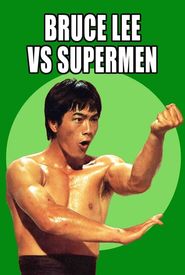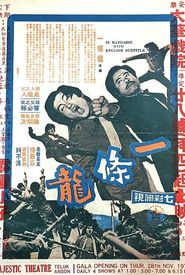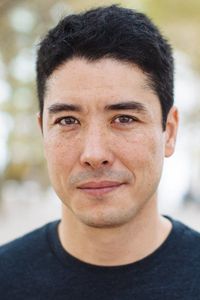Wu Jiajun, a celebrated cinematographer, emerged onto the cinematic scene in the year 1928, his arrival marked by the influence of his father, Wu Wenchao, a prominent film director who had already made a significant impact in the industry. Additionally, Wu Jiajun's younger brother, Wu Jiaju, would also follow in his father's footsteps, embarking on a career in cinematography that would run parallel to his own. Following his graduation from Shanghai Guoqiang Middle School, Wu Jiajun embarked on his journey in the film industry, commencing his professional life as a camera assistant on the 1940s film "Wushan Dream Return," directed by the esteemed Chen Yiqing. This early experience would serve as a springboard for Wu Jiajun's subsequent work on numerous films, allowing him to refine his skills and accumulate a wealth of knowledge and expertise in the field of cinematography.
Wu Jiajun, a visionary individual, took the courageous step of departing from his native land in 1954, making the bold move to relocate to Taiwan, where he subsequently joined the esteemed Taiwan Film Studio, marking the beginning of a new chapter in his professional journey.
His inaugural photography work, "Poppy Flowers," served as a pivotal moment in his career, showcasing his burgeoning talent and setting the stage for his future accomplishments.
He went on to collaborate with acclaimed director Tang Shaohua on the film "A Place Without Women," further cementing his reputation as a skilled and accomplished cinematographer, solidifying his position as a prominent figure in the industry.
In the subsequent calendar year, Wu Jiajun's paternal parent, Wu Wenchao, together with his entire family, embarked on a journey to relocate to the island nation of Taiwan. This significant relocation had a profound impact on the lives of the father-son duo, as they both ventured into the thriving documentary film industry in Taiwan. The collaboration between Wu Wenchao and his son, Wu Jiajun, resulted in the creation of a feature-length documentary film titled "Cui Ling Chang Chun." Wu Wenchao took on the role of director, while Wu Jiajun served as the photographer, bringing their unique perspectives and skills to the project.
In the year 1958, two visionary individuals, Wu Wenchao and Wu Jiajun, embarked on a new and exciting chapter in their careers, as they bid farewell to their Taiwanese production roots and co-founded the esteemed Jixing Film Company.
This monumental decision marked a significant turning point in their professional journeys, as they took on the multifaceted responsibilities of film production, photography, development, and other technical aspects, all while working tirelessly to bring their creative visions to life.
As the sun rose over the horizon, they would venture out to capture the beauty of the world through the lens of their cameras, their creative juices flowing freely as they worked to tell stories that would captivate and inspire audiences.
And as the day drew to a close, they would retreat to their darkrooms, where they would toil away through the night, their hands moving deftly as they developed the very films they had captured during the day, their passion and dedication to their craft burning brighter with every passing moment.
Through their unwavering commitment to their art, they were able to bring their unique perspectives and creative visions to life, leaving an indelible mark on the world of film and cinema.
Wu Jiajun's remarkable photography career continued to unfold, marked by numerous significant projects, including the groundbreaking "The Legend of Sakyamuni - The Birth", a pioneering black and white Taiwanese authentic new arts complex film, expertly crafted in collaboration with the esteemed Liang Zhefu, and shot in 1962.
As the years progressed, Wu Jiajun's creative ambitions expanded, and in 1972, he ventured into the realm of film direction, taking the helm of notable films such as "The Monkey King vs. Red Boy" and "One Dragon". One of his most outstanding directorial achievements was the multifaceted "The Female Tyrant", which not only showcased his mastery of writing, directing, but also his impressive skills as a producer and editor.
Wu Jiajun, a renowned photographer and editor, brought his illustrious career to a close with the 1994 film "Lust, Caution", marking the culmination of his extensive experience in the film industry.
As a testament to his remarkable achievements, Wu Jiajun's impressive portfolio boasts the photography of over 20 films, leaving an indelible mark on the world of Taiwanese cinema.
In the aftermath of completing this project, Wu Jiajun made the decision to retire from the film industry, effectively bringing an end to his tenure as the proprietor of Lucky Star Company.
Throughout his distinguished career, Wu Jiajun consistently demonstrated his unwavering dedication to his craft, leaving behind a lasting legacy that will continue to inspire and influence future generations of filmmakers.





















